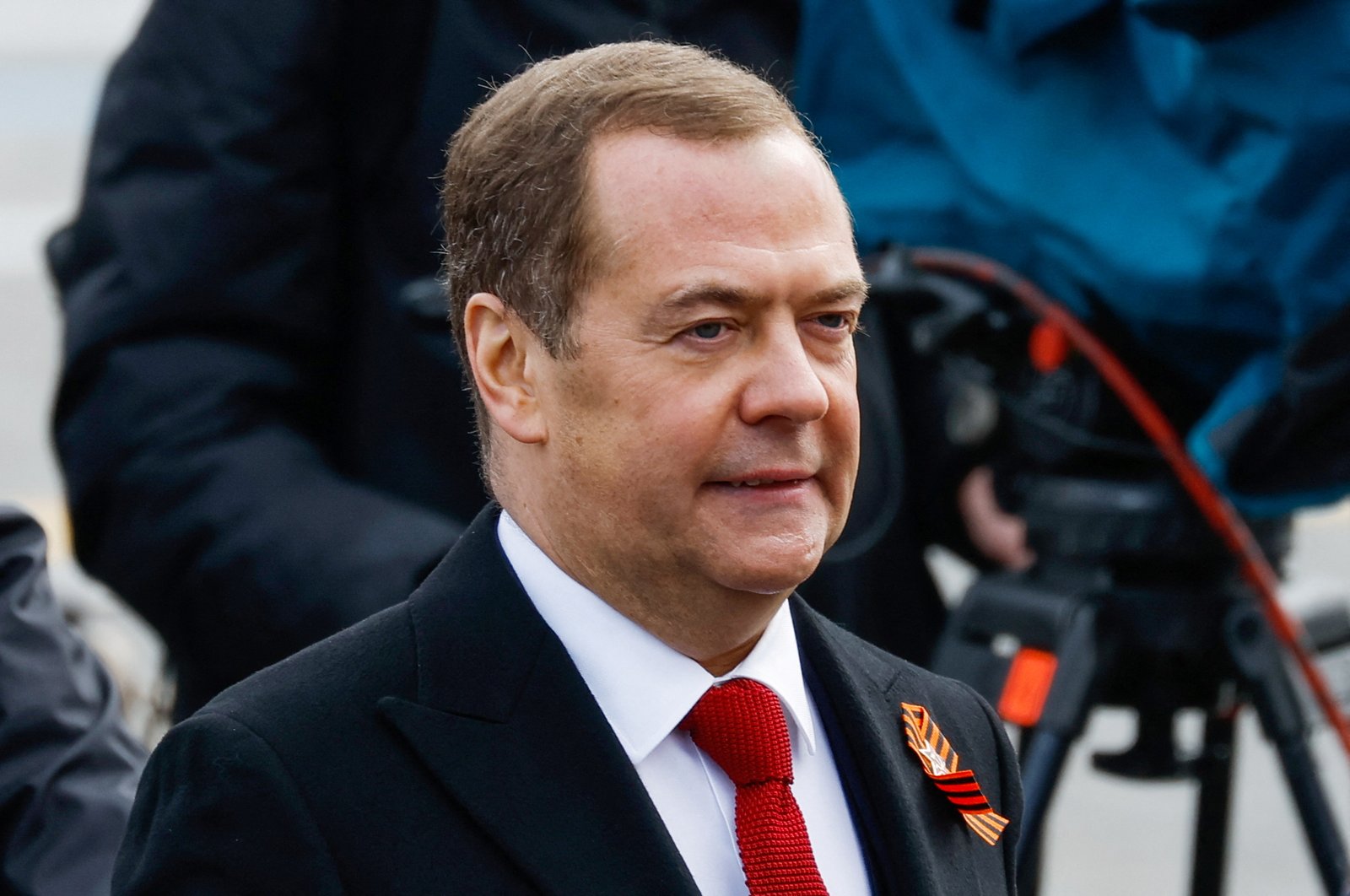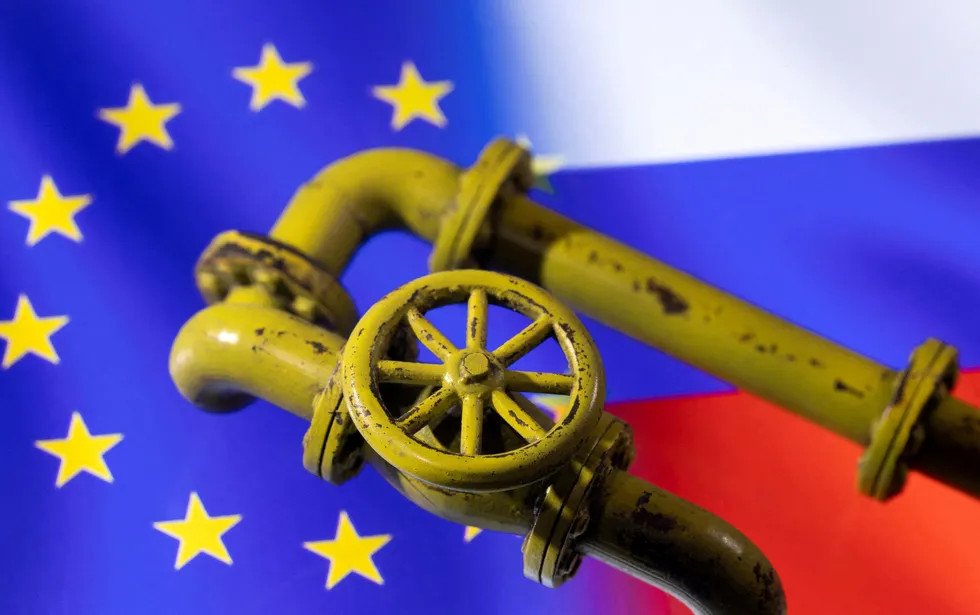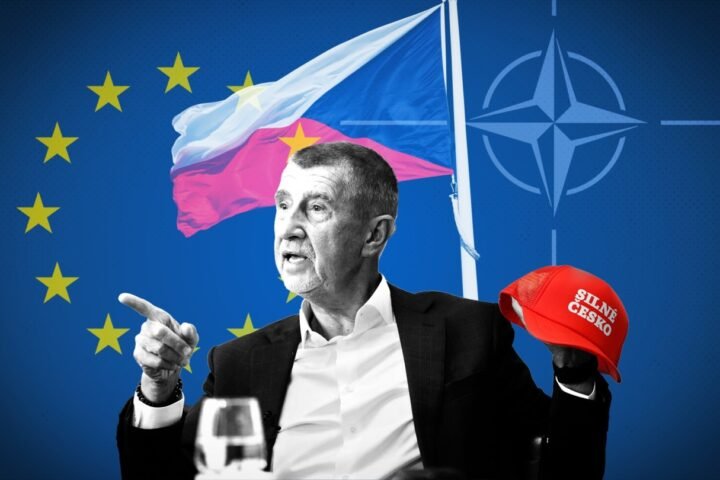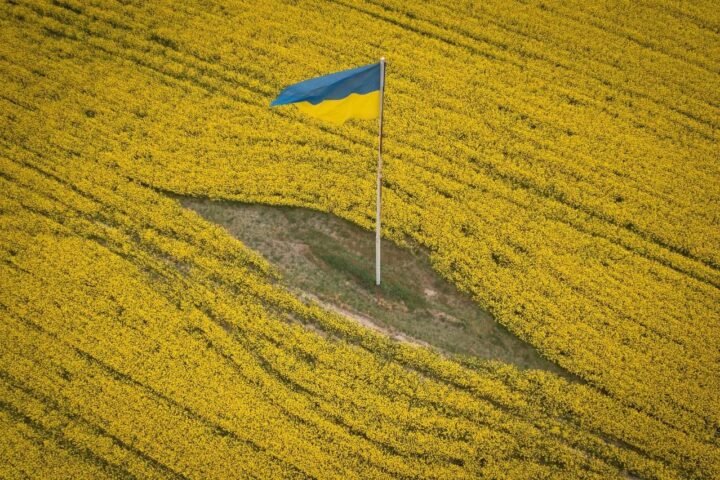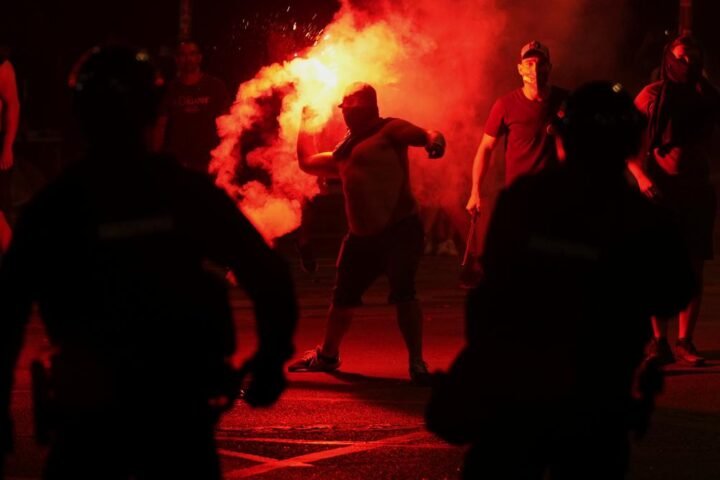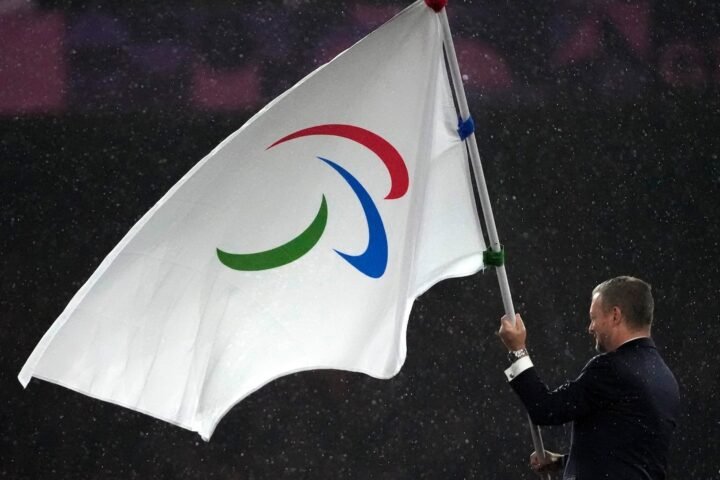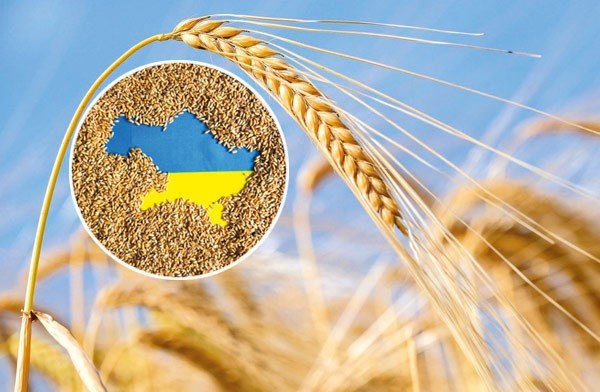On September 29, 2025, Dmitry Medvedev, deputy chairman of the Russian Security Council, posted a controversial statement on his Telegram channel, warning that while Russia “is not interested in war with Europe,” the risk remains due to “fatal accidents” and the “hyperactivity of reckless actors.” He stressed that such a scenario could escalate into a conflict involving weapons of mass destruction, urging vigilance.
Russia’s stance and Europe’s perceived weakness
Medvedev reiterated that Russia has “no interest in war with anyone, including the frigid old Europe,” arguing that Europe’s “weak economy” and cultural decline make military conflict unnecessary. He labelled European nations as “divided and vulnerable,” and described their leaders as “insignificant degenerates” lacking the strategic thinking and resolve for military success. He added that Russia focuses on rebuilding occupied Ukrainian territories, describing the process as costly and challenging.
Political motives behind the statement
Analysts interpret Medvedev’s provocative rhetoric as a bid to strengthen his hawkish image within Kremlin circles, distancing himself from his “systemic liberal” label. His inflammatory posts often function as “trial balloons” to gauge Western responses to extreme threats, including nuclear escalation. This approach enables Moscow to project resolve internally while maintaining plausible deniability externally.
Strategic messaging and hybrid threats
The statement coincides with an increase in hybrid attacks attributed to Russia against NATO members, including drone strikes in Poland and Scandinavia, GPS disruption in the Baltic, and cyberattacks targeting critical infrastructure. These actions appear designed to test NATO’s collective defense capabilities while sowing discord among allies. Medvedev’s narrative also invokes a historical myth that Russia enters Europe only as a liberator, ignoring documented acts of aggression and occupation, to justify the war in Ukraine and frame future operations ideologically.
Implications for European security and unity
By insulting European leaders and questioning their military competence, Medvedev may aim to undermine public trust and encourage Euroscepticism within EU states. His remarks also fit a broader Kremlin strategy of nuclear deterrence, using implicit threats to pressure the West into scaling back military support for Ukraine under fear of wider catastrophe. This combination of psychological warfare, propaganda, and targeted military actions underscores Moscow’s multidimensional approach to weakening NATO unity and shaping the strategic environment in Europe.
Russia’s message to Europe is therefore not only a warning but also a calculated move in a broader geopolitical campaign, testing resilience, alliances, and the limits of collective defense.
